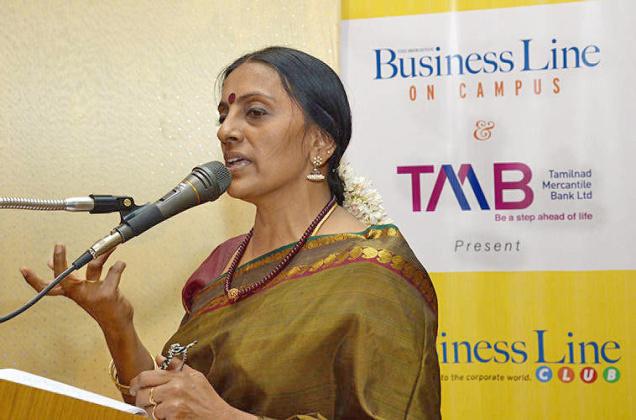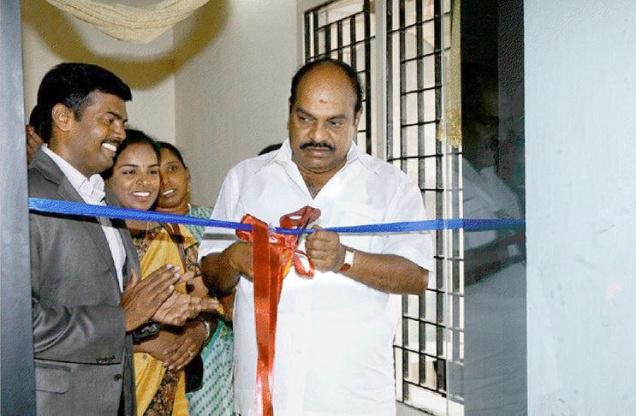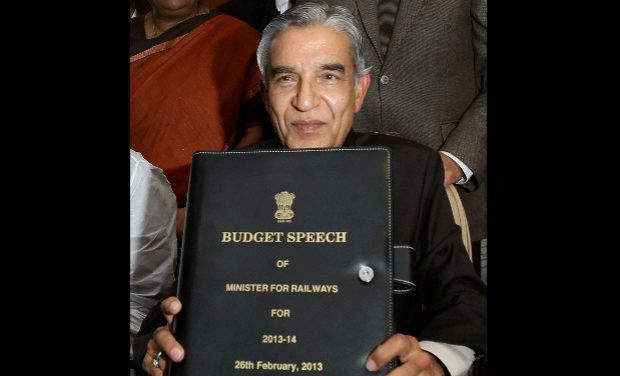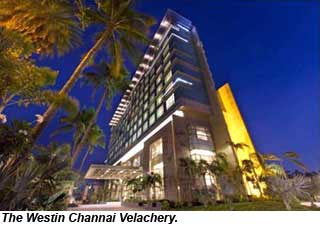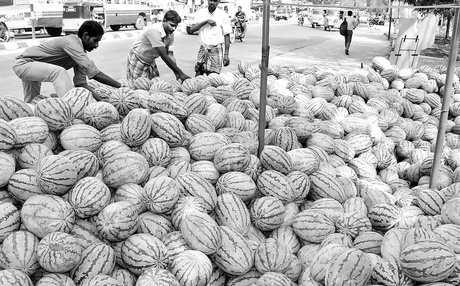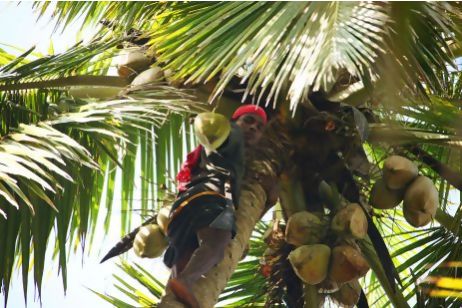
An Indian man cuts coconuts from a palm tree in Varkala, Kerala. EyesWideOpen / Getty Images
New Delhi :
Not very long ago B Raja could find only sporadic employment in his village in the Theni district in the southern state of Tamil Nadu.
He worked odd jobs, usually herding livestock for farmers. Life was hard, especially for a family of four. Then, a month ago, his fortunes changed. He learnt to climb coconut trees and harvest their crop.
“Now I climb 40 trees a day, and there’s so much work to be had,” he says. “For the first time in my life, I have a steady stream of cash. It’s a blessing.”
The initiative that changed B Raja’s life began 18 months ago with a coconut crisis in Kerala. Only 10,000 tree-climbers practised the traditional craft, and at least another 40,000 were needed to harvest all the state’s coconuts.
Production had dipped, and farmers were harvesting crops only once every three months, instead of the usual 45 to 60 days.
“Climbers used to be of a particular caste, and their children were not willing to take up their father’s profession, because it wasn’t very remunerative,” says Sugata Ghose of the Coconut Development Board in Kochi, which works under the Indian government’s agriculture ministry. “And people from other castes were unwilling to take up these jobs.”
The solution was a government-funded training scheme called Friends of Coconut Tree, which has grown from its Kerala roots and has been operating since late last year in Tamil Nadu, Karnataka, Maharashtra and Andhra Pradesh.
The board was careful to avoid the word “climbers” in its promotion of its training programme, thus steering clear of caste connotations.
“This is why we called it ‘Friends of Coconut Tree’,” Mr Ghose said. “Now even higher-caste and educated people are coming into the programme, because there is the promise of a good income, and because they are getting trained by a government organisation.”
The training was initially slow to take off but between August 2011 and March 2012 more than 5,600 people completed the six-day course across every district in Kerala. Since then about another 4,400 trainees in the five states have been certified.
The Coconut Development Board ties up with NGOs and district-level agricultural research centres to hold the training programmes. Each group of about 20 trainees cost the government 68,500 rupees (Dh4,600).
Each student is paid 150 rupees a day and receives a coconut-harvesting kit worth 2,500 rupees after completing the programme.
Trainees are taught to work with automated tree-climbing devices, which are now becoming popular throughout south India. They are also instructed in methods of pest control and tree maintenance.
The course includes other general but valuable lessons: first aid, the rudiments of managing savings and social security funds, and communication skills.
The board now prescribes a minimum wage for tree climbers, said Mini Mathew, the programme’s publicity officer. “Earlier, if he was lucky, a coconut-tree climber might have been paid 10 rupees to scale a tree,” she said. “More probably, he would have been paid in coconuts.”
India is the third-largest coconut growing country in the world, producing 15 billion nuts annually. Tamil Nadu and Kerala are India’s most productive coconut producing states.
Today, Ms Mathew said, a climber might get up to 25 rupees a tree in rural areas, and even 50 rupees a tree in towns and cities. An experienced climber can tackle up to 40 trees a day. Monthly incomes now range from 15,000 to 30,000 rupees a month.
The board connect climbers with tree owners, via an extensive directory on its website. “We also help them get bank loans to buy two-wheelers, so that they are more mobile,” Mr Ghose said.
Even with all these benefits, though, it is a struggle to retain the new recruits.
R Mathavan, a 23-year-old graduate in computer science, went through the programme in the district of Thanjavur, in Tamil Nadu, last October. He had gone, he said, “primarily because my father was in this line of work, and because a few of the other boys in my village wanted to go”.
After Mr Mathavan completed the course, he and nine other trainees had planned to take out a bank loan and set up a coconut harvesting business, leasing their services to tree owners across the district. They had even planned a side venture in selling coconut water.
But the coconut harvests were too sporadic for Mr Mathavan.
“We all went back to our respective lines of work,” he said. He moved to Chennai and worked in a photographic studio for a few months before returning home.
But Mr Mathavan insists that he found the course useful. “It’s always a worthwhile skill to have,” he said. “And if five or six of us can get together and revive our plans, I think we can still set up a good business out of it.”
ssubramanian@thenational.ae
source: http://www.thenational.ae / The National / Home> World> South Asia / by Samanth Subramanian / February 28th, 2013
